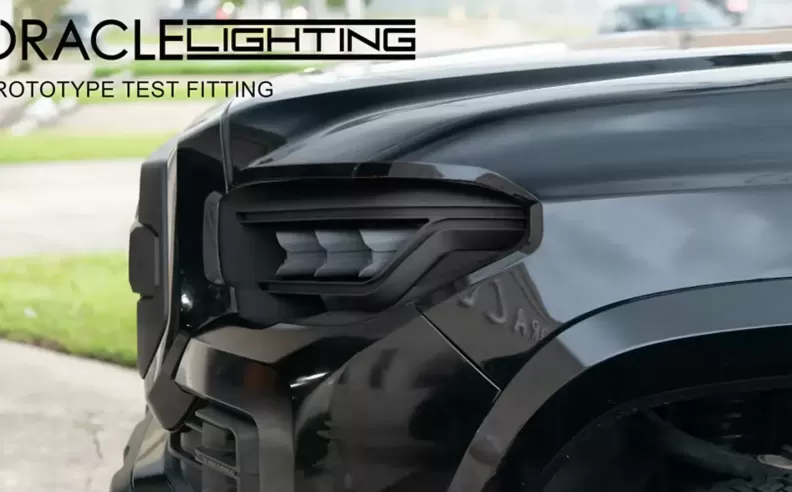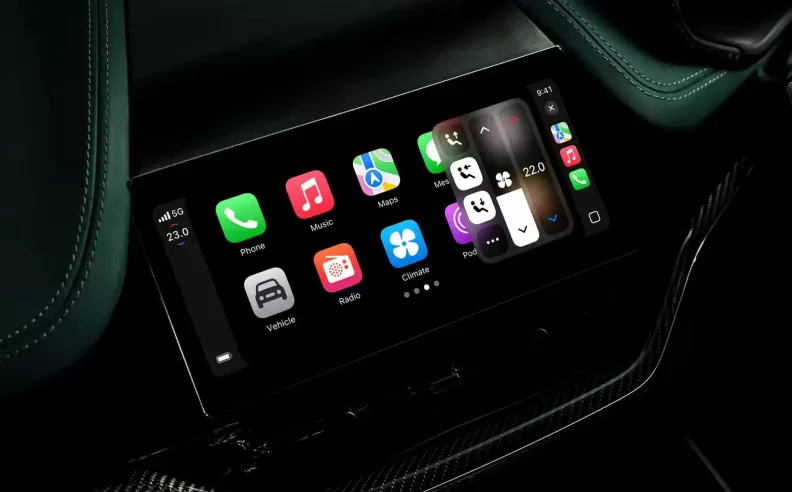
Apple recently unveiled a new version of its in vehicle interface called CarPlay Ultra. Automakers raced to adopt it as a major leap in driver experience. Yet Ford’s chief executive openly criticized the first version’s execution. His remarks have stirred debate across the auto industry about who should lead control of the driving interface.
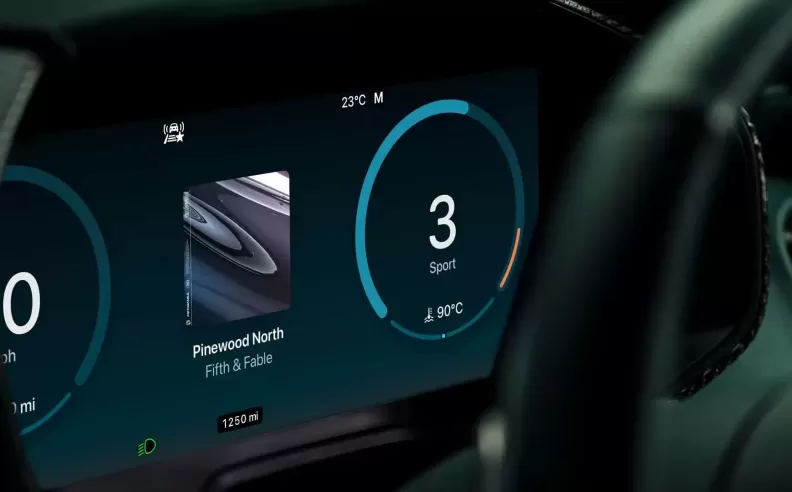
Ford CEO Jim Farley stated that the way Apple rolled out the first version of CarPlay Ultra falls short of expectations. He affirmed that Ford does not intend to push a closed system that boosts revenue at the expense of driver convenience. Instead, Ford intends to preserve user choice, continuing to offer standard CarPlay to customers. Farley insists that any software solution must go beyond entertainment and navigation to seamlessly integrate with autonomous driving and advanced driver assistance systems. Those are areas where CarPlay Ultra currently offers little.
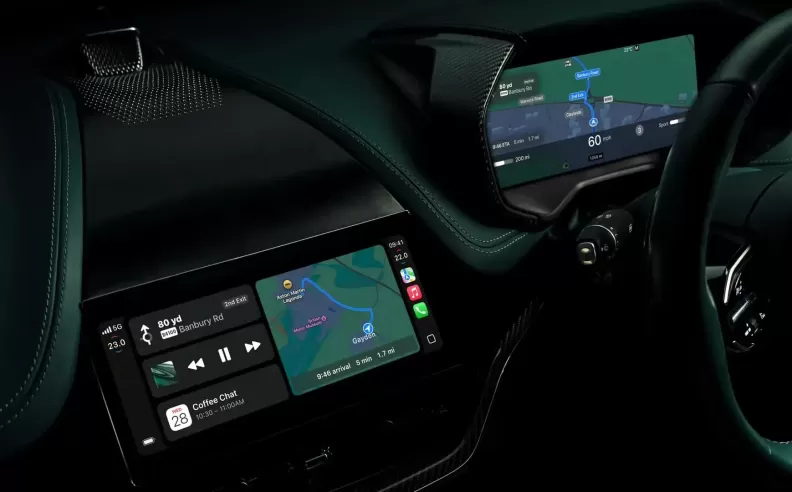
Ford sees major ambiguity in how much control Apple wants inside a vehicle. Questions remain unanswered: Will Apple attempt to manage core vehicle functions such as acceleration or driving assistance? How will that interact with Ford’s “Pro” systems already deployed in its vehicles? These uncertainties make Ford cautious. The automaker anticipates that Apple might need a more refined version—say Ultra 2—in the future, forcing Ford to make strategic decisions about adoption.
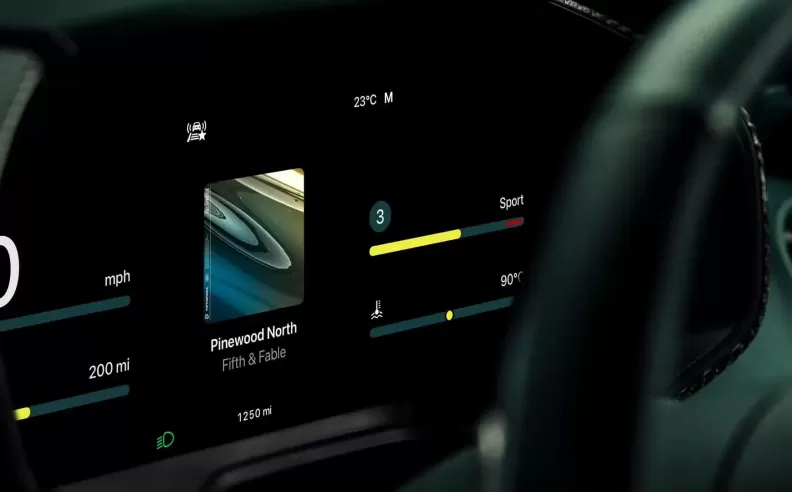
The reaction across the industry is split. Mercedes-Benz and Volvo reportedly pulled back from integrating CarPlay Ultra after early trials. BMW noted that users rarely use maps via CarPlay. On the other hand, Porsche, Kia, Hyundai, and Genesis have remained enthusiastic about adopting the new platform. This divergence shows that automakers differ in how much control they’re willing to concede.

Started my career in Automotive Journalism in 2015. Even though I'm a pharmacist, hanging around cars all the time has created a passion for the automotive industry since day 1.
